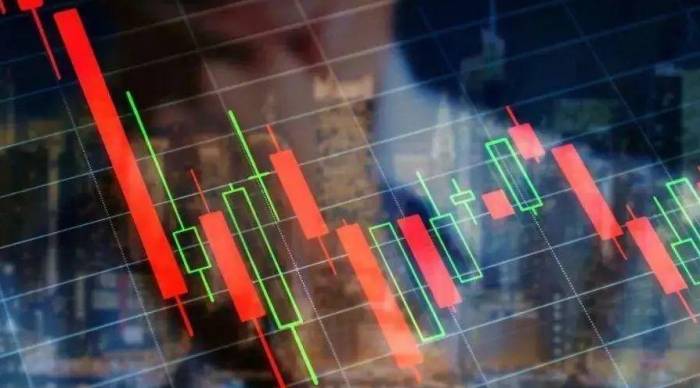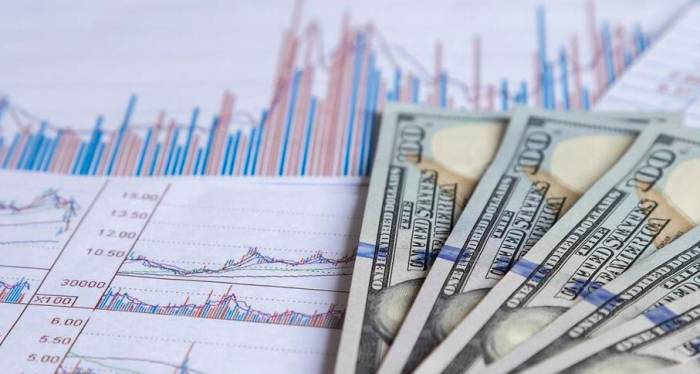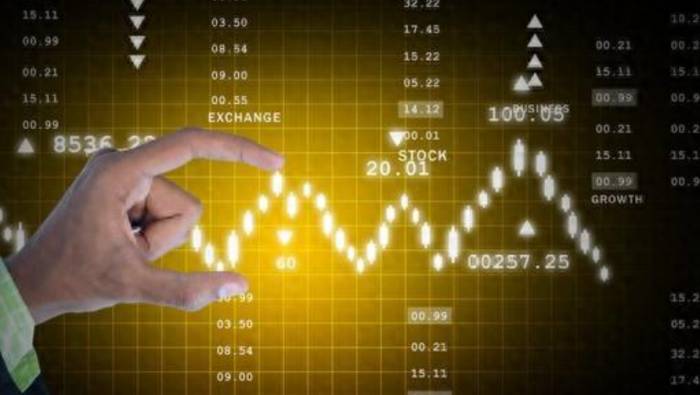The current state of BAIC Blue Valley is far from optimistic as it grapples with considerable financial strains, evidenced by a staggering loss reported for the first half of the year. The company's latest financial disclosures reveal a record-high loss amidst a marked downturn in revenue, indicative of the challenges besetting the electric vehicle market.
On August 26, BAIC Blue Valley (600733.SH) unveiled its financial report for this year, detailing total revenue of 3.74 billion yuan, which represents a year-on-year drop of 35.2%. More starkly, the net loss soared to 2.57 billion yuan, expanding by 29.9% compared to the same period last year. This loss marks the highest recorded for the company during this quarter since its inception, a worrying trend for stakeholders and investors alike.
In a statement accompanying the report, the company pinpointed several factors contributing to these dismal figures. The intensifying competition in the electric vehicle sector has led to fierce pricing battles, effectively squeezing profit margins. While the company is aggressively focusing on upgrading its products to higher-end markets—investing in research and development, brand enhancement, and operational efficiency—that strategy has inevitably impacted short-term financial performance.
Historically, this is not an isolated incident for BAIC Blue Valley. Year after year, the company faces losses. From 2020 to 2023, it reported losses of 6.48 billion yuan, 5.24 billion yuan, 5.47 billion yuan, and 5.40 billion yuan, summing up to an enormous cumulative loss of 25.16 billion yuan over four and a half years. Such figures paint a bleak picture of a company that, despite its ambitions, struggles to find its footing in a rapidly evolving market.
The sluggish sales volumes significantly contribute to these poor financial results. In the first half of this year alone, BAIC Blue Valley saw a 20.4% drop in sales, resulting in only 28,000 units sold. The company primarily offers two brands: Arcfox and BEIJING, with the premium segment under Arcfox being viewed as a critical element to its market recovery. In the same period, Arcfox recorded sales of 18,000 units, which, despite a remarkable 110.2% increase year-on-year, still fall short compared to competitors in the new energy vehicle sector.
Over the past two years, Arcfox has ardently pursued innovative designs and collaborations, trying to create a niche through scenario-based vehicle manufacturing and partnerships, such as their cooperation with Huawei's HI mode. Yet, these efforts have not translated into expected market success. Arcfox's current offerings include models like the Alpha T5, Arcfox Koala, Alpha S5, Alpha S, and Alpha T. Notably, the Alpha T5 leads its lineup with sales of 16,000 units in the first half of the year, overshadowing the mere 2,000 units sold across the other models, which suggests these lesser models are struggling significantly in the competitive landscape.
BAIC Blue Valley recently made headlines on August 14, as it announced a collaboration with Huawei on smart vehicle solutions. They launched the Xiangjie S9 on August 6th, which comes in two versions priced at 399,800 yuan for the MAX rear-wheel-drive long-range version and 449,800 yuan for the Ultra all-wheel-drive flagship variant. This model is presented as Huawei's comprehensive intelligent flagship sedan, with a claim to set new standards for comfort in the luxury D-segment. However, this pricing positions the Xiangjie S9 alongside competitors such as the BMW 5 Series, Audi A6, and Mercedes-Benz E-Class—all prestigious names that dominate the luxury vehicle discussions.
This collaboration with Huawei is part of a broader strategy that includes other joint ventures, such as Aito from their partnership with Seres and Zhijie from collaboration with Chery. Despite promising sales for Aito's lineup, the market performance of Zhijie S7, the first sedan produced under the HarmonyOS initiative, remains lackluster, stirring concerns about whether the Xiangjie S9 can replicate Aito's success. However, the latest data is somewhat encouraging, as the Xiangjie S9 reportedly surpassed 8,000 pre-orders just three weeks post-launch.
Looking forward to 2024, BAIC Blue Valley anticipates facing further significant risks and challenges. The intensifying competition in China's electric vehicle domain compels automakers to speed up product innovations and updates, pushing companies into a high-stakes environment where pricing wars become the norm. Concurrently, the rapid transition towards smarter, connected electric vehicles introduces additional pressures: swift technological advancements are continually reshaping production timelines and market viability of vehicles.
Moreover, the company emphasizes its commitment to technology innovation, stringent cost management, and adaptable market strategies as it aims to ensure sustainable growth and long-term competitiveness. In the midst of this turbulent scenario, there is also an internal shakeup. On July 19, it was announced that the company experienced a notable leadership change with the resignation of both Chairman Liu Yu and Manager Dai Kangwei, leaving questions about future direction and stability.
The reality of BAIC Blue Valley’s situation underscores a broader theme within the electric vehicle industry as companies vie for dominance in an arena defined by rapid developments and consumer expectations. Only time will tell if BAIC Blue Valley can turn its trajectory around and establish a presence worthy of its ambitions amid the evolving competitive landscape.






























Join the Discussion